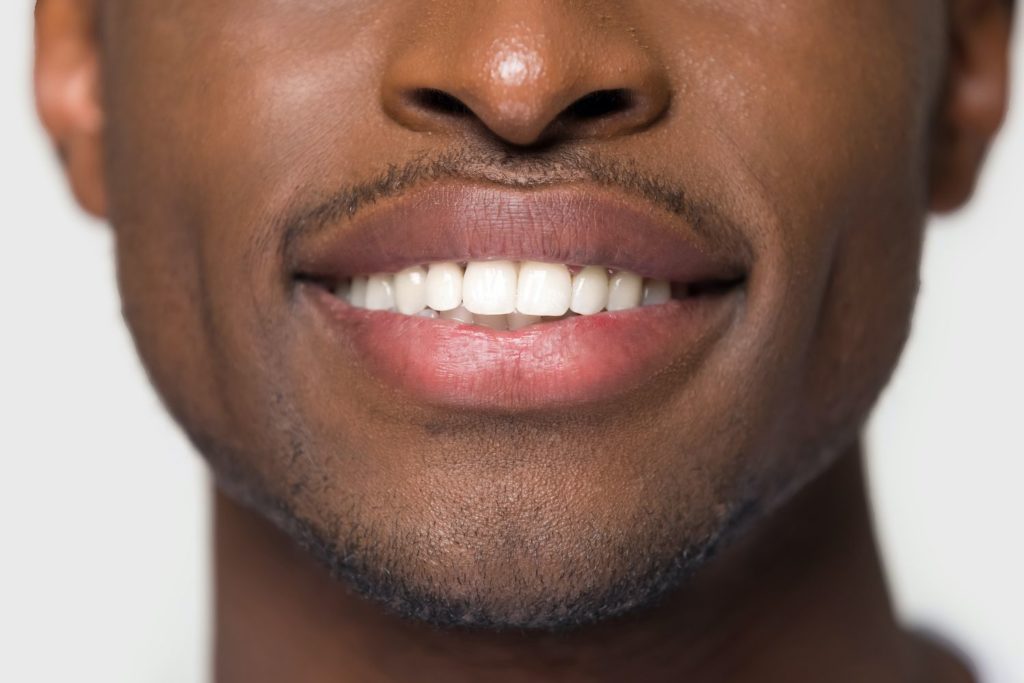If you play sports or are involved in intense sports, you should consider using a mouthguard. A mouthguard is a soft plastic device that you place in your mouth. There are several types of mouthguards from which you can choose. However, some mouthguards offer more protection and comfort than others.
The most available option will likely be a stock mouthguard that you can get from a convenience or sporting goods store. A stock mouthguard is one-size-fits-all, which means that all of the mouthguards are the same. Of course, all mouthguards will provide some amount of protection against trauma and injury. However, stock mouthguards may be more uncomfortable than others.
Boil-and-bite mouthguards are standard for sports use. Like its name, you place the mouthguard in a boiling pot of water to soften the material. Then, you softly bite into the plastic to leave an impression of your teeth. This helps customize the mouthguard and offers more protection.
The best option to protect your teeth is a custom mouthguard from your dentist. During your appointment, your dentist will take an impression of your teeth, customizing it to your mouth. Custom mouthguards provide the highest level of protection with the highest quality materials.

Prevent Dental Trauma
When you play contact sports or participate in extreme activities, you run the risk of injury. For example, most people expect the possibility of facial injury while playing sports like soccer or rugby.
As a result, many athletes who participate in those sports will wear mouthguards to protect their teeth. However, there are other sports that people may not consider, such as basketball. Frequently, stray elbows and bad passes can result in dental trauma. However, wearing a mouthguard can minimize and prevent damage.
You should consider wearing a mouthguard even if you are performing a solo activity, such as bike riding or rock climbing. No one expects to fall or slip, but it is always a possibility. Unfortunately, this also means that there is a risk of dental trauma.
A mouthguard equalizes the impact across all of your teeth rather than centralizing it to one or two. This helps minimize the damage from a fall or stray elbow.
Minimize Jaw Impact
Wearing a mouthguard can also minimize the impact on your jaw. With most dental traumas, there is some force applied to your jaw. Whether it is a ball or the ground, your jaw is likely to clack together, which can cause damage to your teeth. A mouthguard can help prevent chips and breaks because it provides a cushion between your teeth.
Additionally, a reduced impact on your jaw can lower your chances of a concussion. It may not eliminate a concussion entirely, but it can minimize it. Also, damage to the jaw can affect its ability to move and function. This can later develop into temporomandibular joint disorder or TMJ.
Reduce Soft Tissue Damage
A mouthguard can also provide protection to the soft tissues of your gum and tongue. During an injury-causing event, it is possible to bite your tongue or cut your gums. However, a mouthguard can help avoid this.
